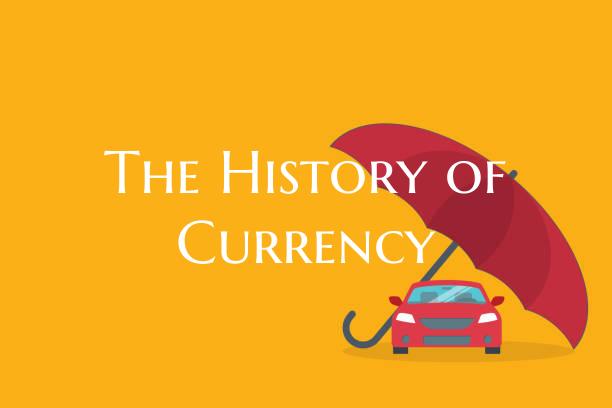The History of Currency
The History of Currency
Currency, in its various forms, has played a pivotal role in the development of human societies throughout history. Dating back to ancient times, the concept of currency emerged as a means to facilitate the exchange of goods and services and to serve as a store of value. The evolution of currency provides valuable insights into the economic, social, and political dynamics of different cultures and civilizations.
Ancient civilizations, such as the Mesopotamians and Egyptians, used forms of money such as barley, wheat, and precious metals like gold and silver as a medium of exchange. These early forms of currency helped to standardize trade and foster economic growth within these societies. As trade networks expanded, the need for more efficient means of exchange became apparent, leading to the development of coinage in ancient Greece and Rome.
The introduction of coins revolutionized trade and commerce by providing a standardized unit of value that could be easily transported and recognized across different regions. The use of coins spread throughout the ancient world, with various empires minting their own currency to facilitate trade and taxation. Coins also served as symbols of power and authority, often bearing the likeness of rulers or deities to reinforce their legitimacy.
In the medieval period, the use of coins continued to be prevalent, but paper money began to emerge as a more convenient and practical form of currency. The Chinese were among the first to issue paper money in the form of promissory notes backed by the state. This innovation revolutionized the way people conducted business and paved the way for the development of modern banking and financial systems.
The Age of Exploration and colonial expansion further transformed the landscape of currency, as new sources of wealth such as silver and gold from the Americas fueled global trade and economic growth. The establishment of central banks and the adoption of fiat money – currency that derives its value from the government's declaration – marked significant milestones in the evolution of modern monetary systems.
Today, currencies exist in various forms, including coins, banknotes, digital currencies, and cryptocurrencies. The global economy relies on a complex network of currencies that facilitate international trade and financial transactions. The history of currency continues to evolve as new technologies and economic realities shape the way we exchange value in an increasingly interconnected world.
In conclusion, the history of currency is a testament to human ingenuity and innovation in creating systems of exchange that have shaped the course of history. From ancient barter economies to modern digital transactions, currency remains a fundamental tool for economic exchange and a reflection of the values and cultures of societies throughout time.
